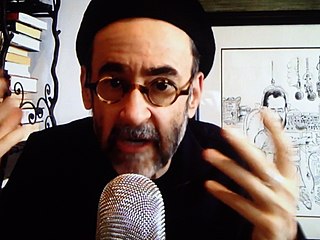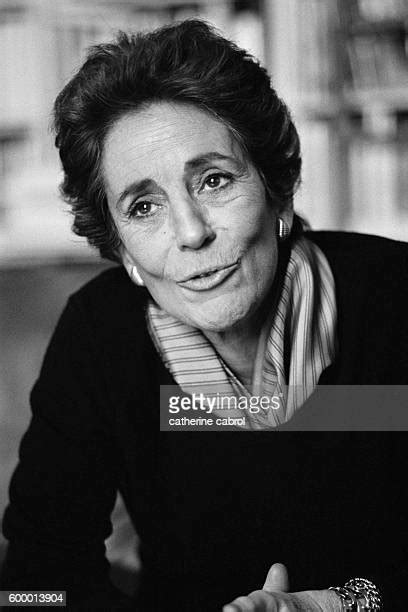A Quote by Voltaire
But nothing is more estimable than a physician who, having studied nature from his youth, knows the properties of the human body, the diseases which assail it, the remedies which will benefit it, exercises his art with caution, and pays equal attention to the rich and the poor.
Related Quotes
The master in the art of living makes little distinction between his work and his play, his labor and his leisure, his mind and his body, his information and his recreation, his love and his religion. He hardly knows which is which. He simply pursues his vision of excellence at whatever he does, leaving others to decide whether he is working or playing. To him he's always doing both.
And it has been sarcastically said, that there is a wide difference between a good physician and a bad one, but a small difference between a good physician and no physician at all; by which it is meant to insinuate, that the mischievous officiousness of art does commonly more than counterbalance any benefit derivable from it.
When women and men have approximately equal life expectancies, it seems to be because women die not only in childbirth (fewer than thought) but about equal from diseases; poor sanitation and water; inadequate healthcare; and diseases of malnutrition. In industrialized societies, early deaths are caused more by diseases triggered by stress, which breaks down the immune system. It is since stress has become the key factor that men have died so much sooner than women.
Man... is an inextricable tangle of culture and biology. And not being simple, he is not simply good; he has... a kind of hell within him from which rise everlastingly the impulses which threaten his civilization. He has the faculty of imagining for himself more in the way of pleasure and satisfaction than he can possibly achieve. Everything that he gains he pays for in more than equal coin; compromise and the compounding with defeat constitute his best way of getting through the world. His best qualities are the result of a struggle whose outcome is tragic. Yet he is a creature of love.
You can domesticate your body, but you can't domesticate your face - even by having a lift or having your nose bobbed. A face bears the reflection of our nature, which in the beginning is veiled by the attractiveness of youth. But as soon as youth begins to go, everything written on the face starts to come to the surface, and pretty soon it's engraved there. No landscape can equal a human face that's been molded by its own owner.
Anyone may arrange his affairs so that his taxes shall be as low as possible; he is not bound to choose that pattern which best pays the treasury. There is not even a patriotic duty to increase one's taxes. Over and over again the Courts have said that there is nothing sinister in so arranging affairs as to keep taxes as low as possible. Everyone does it, rich and poor alike and all do right, for nobody owes any public duty to pay more than the law demands.
Nothing is more human than for man to desire naturally things impossible to his nature. It is, indeed, the property of a nature which is not closed up in matter like the nature of physical things, but which is intellectual or infinitized by the spirit. It is the property of a metaphysical nature. Such desires reach for the infinite, because the intellect thirsts for being and being is infinite.
At this day . . . the earth sustains on her bosom many monster minds, minds which are not afraid to employ the seed of Deity deposited in human nature as a means of suppressing the name of God. Can anything be more detestable than this madness in man, who, finding God a hundred times both in his body and his soul, makes his excellence in this respect a pretext for denying that there is a God? He will not say that chance has made him different from the brutes; . . . but, substituting Nature as the architect of the universe, he suppresses the name of God.
It is natural for every man uninstructed to murmur at his condition, because, in the general infelicity of life, he feels his own miseries without knowing that they are common to all the rest of the species; and, therefore, though he will not be less sensible of pain by being told that others are equally tormented, he will at least be freed from the temptation of seeking, by perpetual changes, that ease which is no where to be found, and though his diseases still continue, he escapes the hazard of exasperating it by remedies.





































